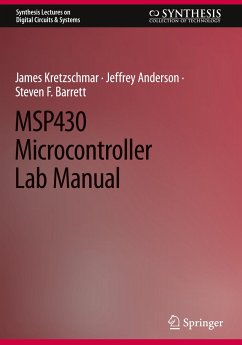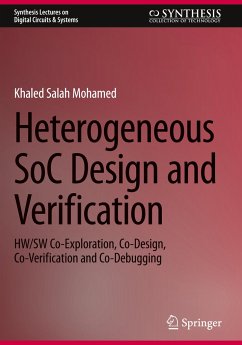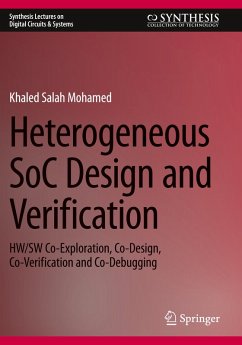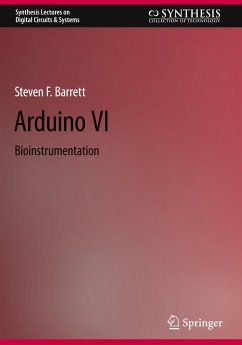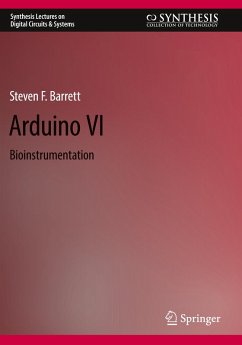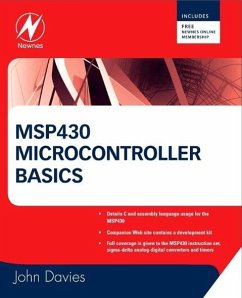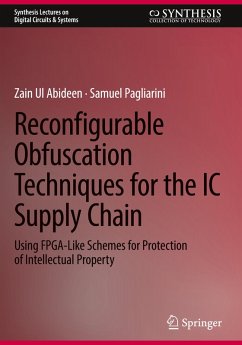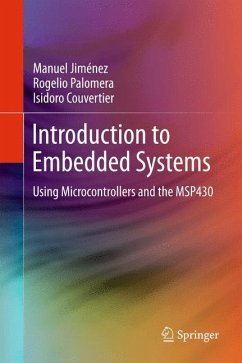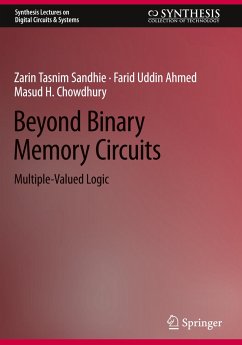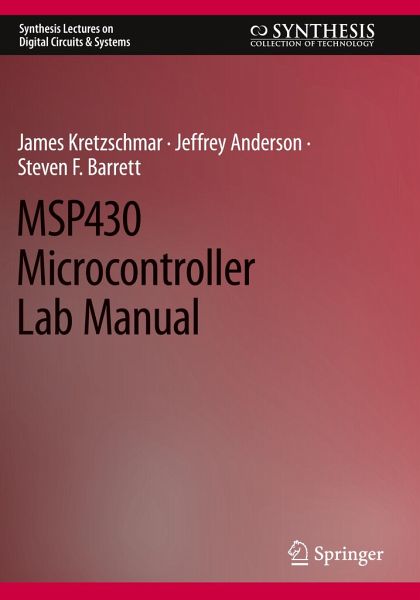
MSP430 Microcontroller Lab Manual
Versandkostenfrei!
Versandfertig in 6-10 Tagen
42,99 €
inkl. MwSt.
Weitere Ausgaben:

PAYBACK Punkte
21 °P sammeln!
This book is a practical reference for using Texas Instruments MSP430 microcontrollers. It provides a series of hands-on laboratory exercises. The labs may be completed in a traditional laboratory setting or at home using the Digilent Analog Discovery 2 Test Instrument. This book can be used as a reference for planning future projects using the MSP430 microcontroller. The authors focus on applications of the main peripheral modules available on the MSP430 microcontroller - CPU clock, Basic Input/Output, Timer, Analog-to-Digital Converter. They also provide examples of how to develop Pulse Widt...
This book is a practical reference for using Texas Instruments MSP430 microcontrollers. It provides a series of hands-on laboratory exercises. The labs may be completed in a traditional laboratory setting or at home using the Digilent Analog Discovery 2 Test Instrument. This book can be used as a reference for planning future projects using the MSP430 microcontroller. The authors focus on applications of the main peripheral modules available on the MSP430 microcontroller - CPU clock, Basic Input/Output, Timer, Analog-to-Digital Converter. They also provide examples of how to develop Pulse Width Modulation signals, and how to use Interrupts.



